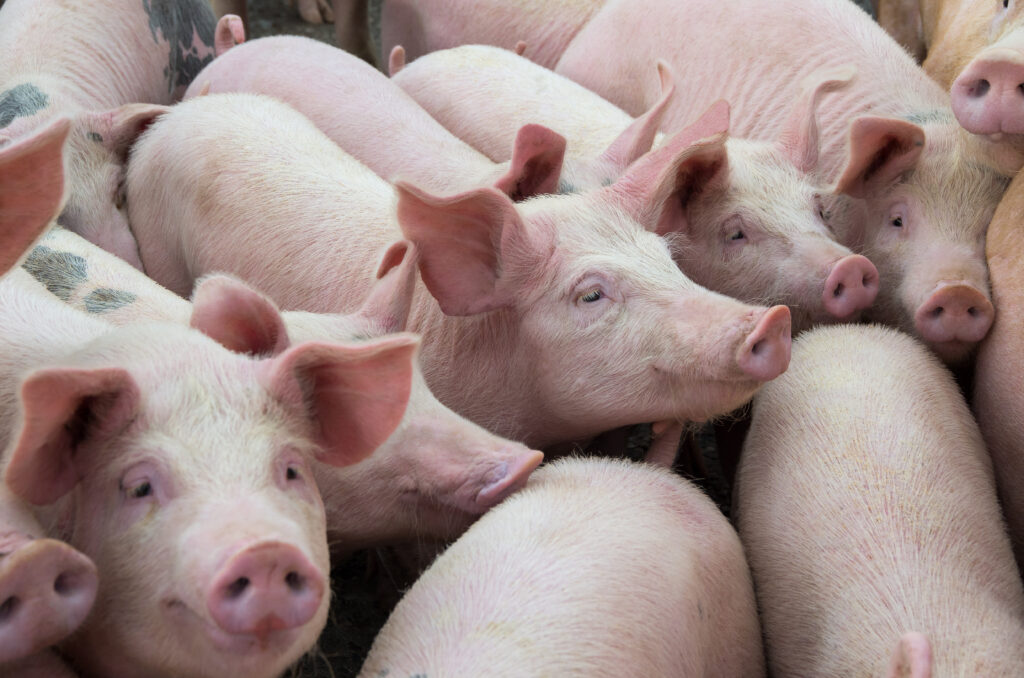Denmark has agreed to implement the world’s first tax on agricultural emissions, as part of a concerted programme to help reach its climate and environmental goals.
Under the plans, farmers will have to pay a levy of 300dkk (£33.50) per tonne of methane on emissions from livestock, including pigs. This will rise to 750dkk/t (£840/t) in 2035. But farmers will qualify for a rebate if they undertake certain environmental measures.
The Green Tripartite deal is the culmination of months of negotiations between the government, oppositon parties, various related bodies, farmers, trade unions and environmental groups.
Money raised by the tax will be invested into green initiatives, including the creation of 250,000ha of new forest, the restoration of 140,000ha of peatlands that are currently being cultivated, and strategic land purchases, including farms.
There is a big focus on reducing nitrogen pollution in an effort to restore Denmark’s coasts and fjords, with the aim of cutting nitrogen emissions by 13,780t a year from 2027, following ‘intense negotiations’ that resulted in agreement on a higher ambition than initially set out, according to a briefing from the NFU’s Brussels office.
Denmark is a significant exporter of pork and dairy, and agriculture is currently expected to account for 46% of emissions by 2030. Experts believe the carbon tax will slash 1.8 million tonnes of that in 2030, its first year of operation, enabling Denmark to meet its target of cutting 70% of its total emissions by that year.
If it is assumed that the goals of the policy are met, the best available modelling estimates that the measures will decrease the volume of pig production by 3.4% and decrease the value by 2.6%, with 3% of pig farmers to be ‘highly threatened by bankruptcy’, according to the NFU BAB briefing.
Huge task
Jeppe Bruus, minister for the Green Tripartite, said the agreement, first announced in June, will change Danish nature ‘in a way we have not seen since the wetlands were drained in 1864’. “It is huge, huge task to transform large parts of our land from agricultural production to forestry, to natural spaces, to ensure we can bring life back to our fjords,” he said.
Foreign minister Lars Løkke Rasmussen said: “When you see across Europe that tractor tyres are being burned in the capitals and climate activists are sticking to the motorways, it is great to be in a country where the parties are brought together, and we’re doing the biggest overhaul of the Danish landscape since Dalgas




